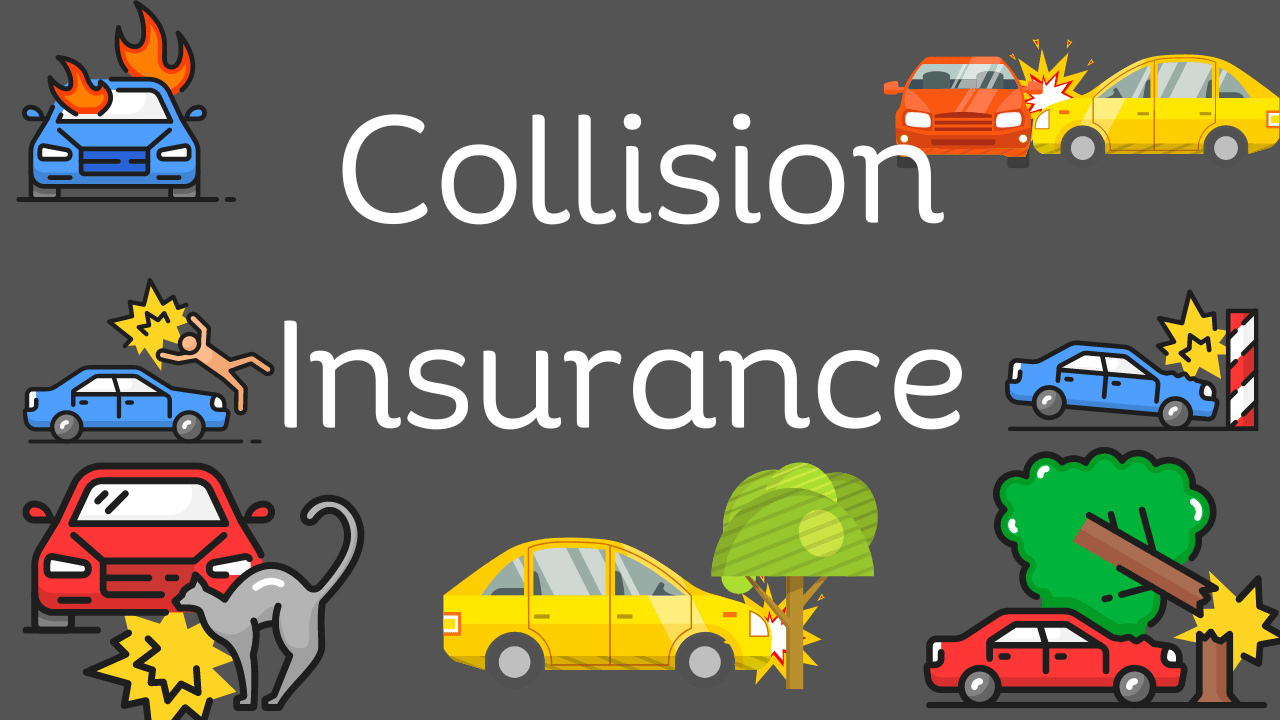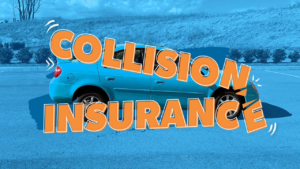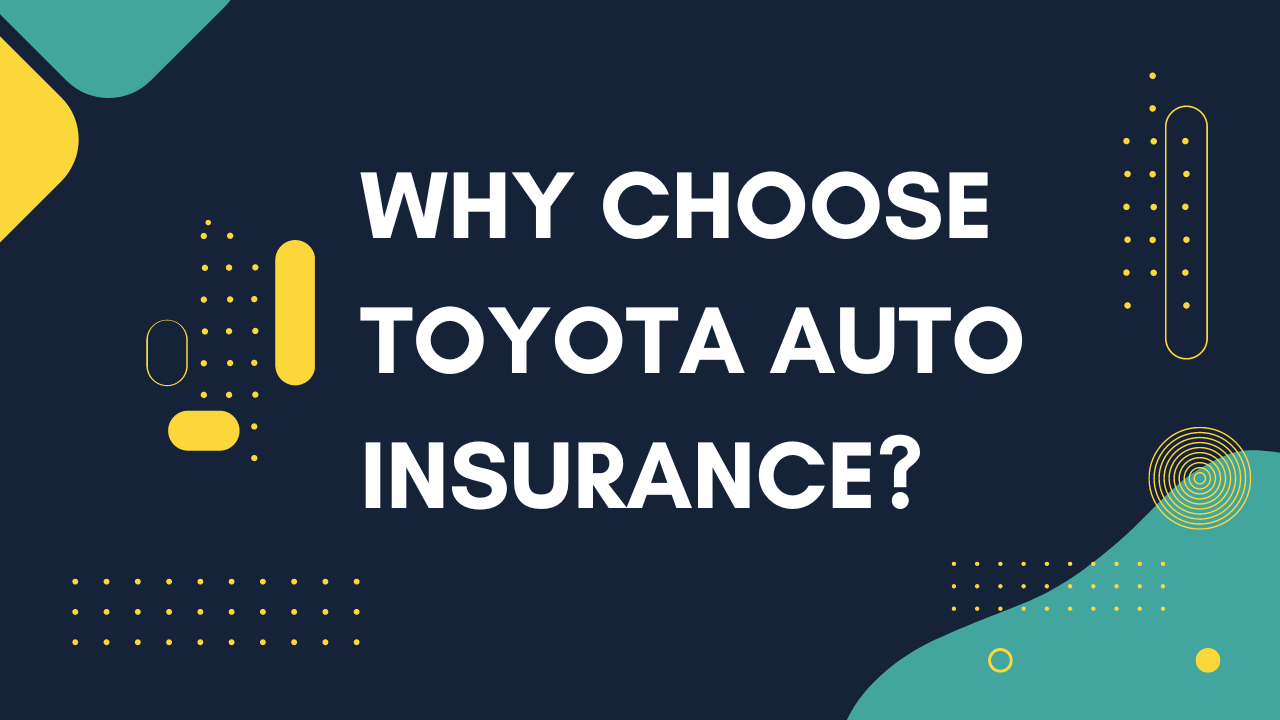Collision Insurance in Auto Insurance: Within the complex realm of vehicle insurance, where safety and readiness are vital, collision coverage becomes an essential defense against the numerous hazards connected to driving. Liability insurance covers harm to other people, while collision insurance is primarily responsible for protecting your own car from unpredictability on the road. This in-depth tutorial seeks to disentangle the complex web of collision insurance, examining its workings, nuances, and critical role in strengthening your portfolio of vehicle insurance.
What is Collision Insurance?
One of the main components of auto insurance is collision insurance, which is designed to lessen the financial burden that results from crashes with your car. Collision coverage takes over to pay for the subsequent repair or replacement expenses if your automobile gets into a small collision with another car or an unlucky run-in with a tree or pole. It acts as a safety net, guaranteeing that, regardless of who is at blame, you won’t be stuck paying a hefty repair price in the wake of an accident.
How Does Collision Insurance Work?
Although collision insurance’s workings are rather simple, its consequences are significant. Collision coverage is an essential part of your auto insurance policy that acts as a watchful steward for your car. When your automobile is involved in an accident and is damaged, your insurance kicks in to pay for the repairs or, if needed, to replace your vehicle.
But with collision coverage, a new and important component is added: the deductible. The amount you agree to pay out-of-pocket prior to the start of your insurance coverage is known as the deductible. For instance, if the projected cost of repairs is $2,000 and your deductible is $500, you would pay the $500 down payment and your insurance company would pay the remaining $1,500.
The Dynamics of Collision Insurance:
It’s important to comprehend how different components interact within the coverage framework in order to have a deeper understanding of collision insurance operations.
The Role of Deductibles:
Policyholders must fulfill the deductible as a minimum payment requirement before their collision coverage kicks in. The part of the repair or replacement expenses that the policyholder agrees to pay out of pocket is represented by this predefined amount, which is usually decided by them when creating the insurance policy. A higher deductible implies a larger upfront cost in the case of a claim, even if it frequently corresponds with cheaper premium payments.
Comprehensive vs. Collision Coverage:
Differentiating between comprehensive and collision coverage is crucial since both are necessary for a well-rounded vehicle insurance plan. Comprehensive coverage covers events unrelated to crashes, whereas collision insurance concentrates on losses from collisions with other cars or objects. This covers situations like animal encounter, theft, vandalism, and natural calamities. Getting comprehensive and collision insurance together guarantees a more complete protection strategy for your car.
When Should You Consider Collision Insurance?
Collision insurance states that it is important in many situations, therefore responsible car owners should give it careful thought.
- At-Fault Accidents: If you are found to be at fault for an accident, collision insurance comes in rather handy. In situations like this, your collision coverage makes sure that your replacement or repair expenses are paid for, saving you from having to bear the whole cost of the incident.
- Uninsured or Underinsured Drivers: Your collision coverage becomes an essential safety net in the event that you are in an accident with an uninsured or underinsured motorist. To protect you from future financial pressure, your policy pays for the damages to your car rather than depending on the other party’s insurance, which can be inadequate or nonexistent.
- Newer or Valuable Vehicles: Purchasing collision insurance turns into a wise decision for owners of newer or more value automobiles. Such automobiles might have high repair or replacement expenses; therefore, having collision coverage protects your investment in your car in the case of an accident.Factors to Consider:
- Deductible Selection: An essential component of collision coverage is the deductible amount. A greater deductible can result in reduced premium prices, but it also increases the amount of money you will have to pay out of pocket in the case of a claim. Determine how comfortable you are financially so that you may find a balance that suits your requirements.
- Vehicle Value Assessment: Determining your car’s current market value is a crucial first step in choosing collision insurance. You might have to compare the possible reimbursement in the case of a claim against the cost of collision insurance if you drive an older vehicle with a lower market value.
- Driving patterns and History: When thinking about collision insurance, evaluate your driving patterns and background. Collision coverage becomes a must if you drive through busy regions a lot or if you have a history of accidents. It acts as a vital safety net against unanticipated events.
- Comprehensive Coverage: Although collision insurance covers accident-related losses, comprehensive coverage should also be taken into account. Comprehensive insurance offers a more comprehensive defense against a wide variety of hazards by shielding your car from non-collision-related events like theft, vandalism, or natural catastrophes.
Navigating the Complexities:
Making educated judgments requires a grasp of the nuances, just like with any insurance product. The details of the collision coverage, such as the deductibles, coverage limitations, and any applicable exclusions, should be well understood by policyholders.
Regularly reviewing the insurance policy to make sure it still applies to the current situation is part of an educated approach. To ensure that collision coverage continues to be customized to the policyholder’s needs, factors including modifications in driving styles, changes in car values, or alterations in financial capacity should be taken into consideration.
Final Words of My Opinion
In the ever-changing world of vehicle insurance, collision insurance stands out as a key component since it provides an additional layer of protection beyond liability coverage. It becomes essential for you to thoroughly consider your demands, driving style, and car worth as a responsible driver in order to decide if collision insurance fits into your goals.
This coverage ensures that, in the event of the unanticipated, your road trip stays smooth and well-protected. It is an investment in financial security and peace of mind.
A comprehensive vehicle insurance coverage serves as a tactical barrier against any future uncertainties in addition to being a legal need. Recall that knowing the nuances of collision coverage strengthens your decision-making skills and your capacity to drive with assurance and fortitude.




